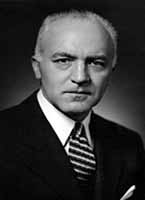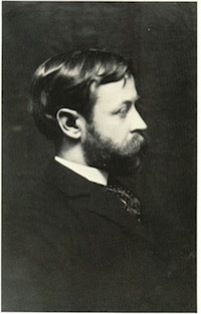
David M. Young
Born: 1940 in Evanston, Illinois
Pen Name: None Connection to Illinois: Young was born in Evanston. He is a former writer and transportation editor for the Chicago Tribune. Biography: David M. Young is an American journalist. He was a reporter for the Chicago Tribune from 1963-1983 and has been an editorial writer since 1983.
Awards:
Selected Titles
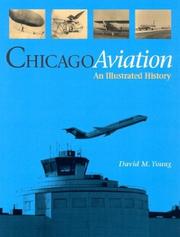 |
Chicago aviation : ISBN: 0875803113 OCLC: 50560228 Northern Illinois University Press, DeKalb, Ill. : ©2003. |
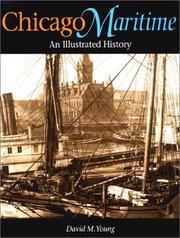 |
Chicago maritime : ISBN: 0875802826 OCLC: 47074785 Northern Illinois University Press, DeKalb : ©2001. Chronicles the vital role of waterborne trade and transportation in building a lakeside metropolis on swampland. Includes topics such as the I & M canal, the reversal of the Chicago River, the Eastland disaster and Chicago's Navy Pier. Provides a name index of individual ships that docked in Chicago. |
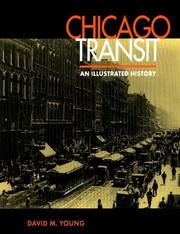 |
Chicago Transit : ISBN: 0875802419 OCLC: 39051337 Telling the story of every major transit innovation in Chicago's history, Young reveals a broad panorama of the city's growth. Beginning with the evolution of the horse-drawn omnibus - Chicago's first mass-transit system - Young explores the competition for passengers and space by the growing proliferation of streetcar lines, railroads, and automobiles. These modes of transportation, often existing for a time side by side, prospered or faltered according to various technological advances. |
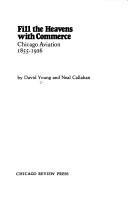 |
Fill the heavens with commerce : ISBN: 0914090992 OCLC: 7249397 Chicago Review Press, Chicago, Ill. : ©1981. |
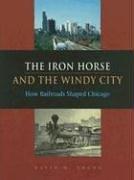 |
The iron horse and the windy city : ISBN: 0875803342 OCLC: 56010999 Northern Illinois University Press, Dekalb, Ill. : ©2005. Explores how the railroads helped create and shape the city of Chicago from the earliest times to the present, discussing how the expansion of rail lines promoted the growth of the city's suburbs, how Chicago's manufacturing center became home to corporate giants, and how the railroad had originally planned to bypass the city. |


